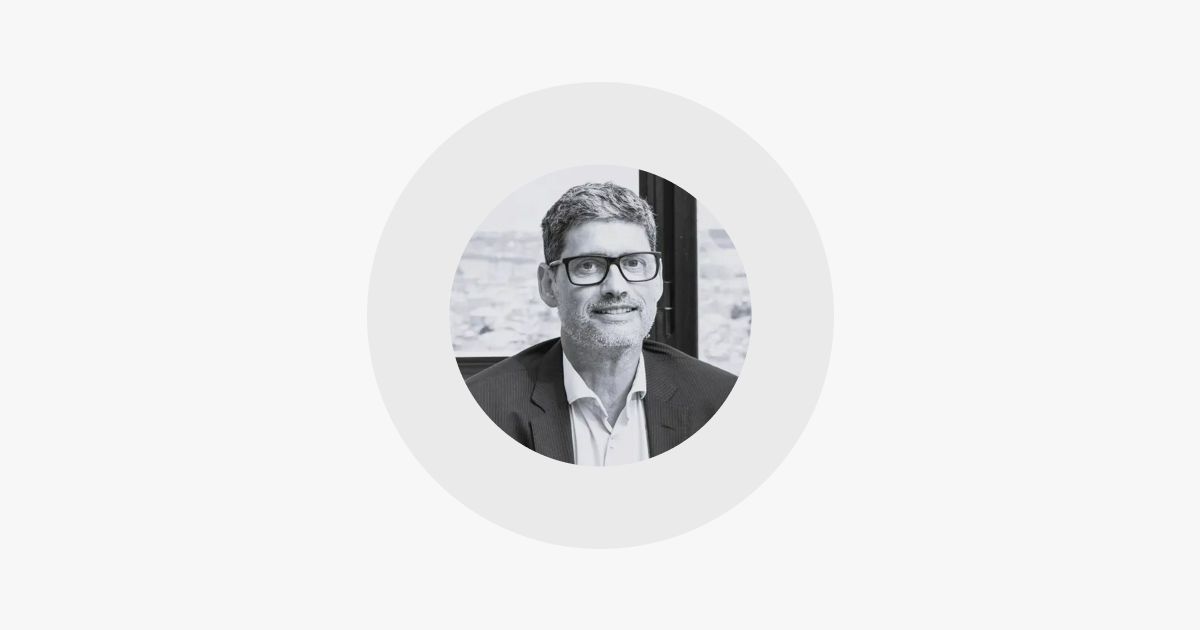A country turned upside down

Due to my clear inability and rare tendency towards carelessness, my academic life was a tragedy. And if I still have an academic life today, it's because I made mistakes. And when I say mistakes, I don't mean the kind where you think, "What a nuisance, I have to do this again," but rather, "Oh no, what a mess, how am I going to solve this?"
One day, in these pages, I wrote about what capital is. The vast majority of people, upon hearing the word, immediately associate it with money. Nothing could be further from the truth. Capital is the capacity to produce something that others want to consume. A country can have a lot of money and little capital, something that often happens to oil-producing countries that insist on "buying" the best that is made abroad, instead of trying to make it themselves. This is to say that the capacity to produce is very little related to the size of our bank account and depends essentially on what we know how to do. Hence, when we look at wealth statistics, we see, amidst oil producers and free trade centers, countries like Denmark, Finland, or the Netherlands that have nothing else to sell but the productive capacity of the human beings they inhabit.
What these countries, made of rocks, ice, and trees, have that others don't is the understanding of the importance of incorporating this capacity for action into their only asset – their people. A country's capital comes from education and its quality. Of course, there are countries that can almost live in complete idleness as long as their natural resources allow it. Let there be oil gushing from the ground, and Qatar or the United Arab Emirates can have whatever education they want (although they are investing in the opposite). Let there be sun and beaches, and Portugal can continue to foster hordes of idle cliques living off taxes levied on blushing tourists in socks and sandals.
However, apart from those countries with these natural privileges whose inhabitants did nothing more than acquire them, there are others, the truly rich ones that everyone envies, where it seems that their "natural privileges" were born with the people. They weren't born with them; there is no biochemical advantage in being born in Sweden, the Netherlands, or Switzerland. There is the advantage of a historical recognition that capital, this capacity to produce, is transmitted from person to person, from old to young. What we conventionally call education.
So, if education is just about passing on knowledge, it's easy. Just put the kids in front of Wikipedia, YouTube, and ChatGPT, and all the knowledge in the world can be transmitted. But education isn't about transmitting knowledge; it's about transmitting capital, which is much more difficult. It's not about knowing, it's about making mistakes.
To err is the form of all capital, and that is why we need human educators; having infinite sources of knowledge is of no use to us. If the reader hadn't done the math exercises in their primary school textbook, would it have been of any use to have gone home with it and read it? It's not even a complicated book; certainly any child who could read would quickly read the math book. However, they wouldn't know math because they would never have made a mistake.
When we hire a plumber, it's not for what he knows. It's for the mistakes he's made. A plumber, a consultant, a lawyer, among others. We don't buy knowledge; that's free on the internet. We buy all the mistakes those people have made in their lives. If it weren't for making mistakes, careers wouldn't be built on rising from school to the top, but on falling from school to the bottom, as we gradually received less and less instruction.
And all this fuss over a news story that 28 researchers from the Faculty of Science and Technology at the Nova University of Lisbon – including Professor Elvira Fortunato, who unfortunately interrupted her scientific career for a less economically valuable government position – allegedly violated their exclusivity agreement with the university from which they receive higher salaries. In other words, if someone is a full-time employee of the faculty, they receive more than if they are not. The curious thing about the public reactions, including those of some academics with a clerical mindset, was the enormous condemnation of these 28 researchers, without understanding how stupid this is.
A university professor/researcher is an agent of higher education who should transmit as many errors as possible. They are expected to have experience, contact with economic reality, and to travel the world – geographically and economically – experimenting and making mistakes. Emy Edmonson, a Harvard professor and researcher of error as a management element, has a very good book entitled "The Right Kind of Error" (Ed. Temas e Debates), where she characterizes researchers as the natural agents of the right error, that is, the error that brings new knowledge, but fundamentally, brings the knowledge that "it's not that way." This is what justifies paying the plumber, but more than knowing what is, it's knowing what is not. What is not, is not in any book; we need the plumber to teach us in the way he knows how.
What does this country do? It rewards the rule-abiding professor/researcher, the one who is reduced to a mere clerk. The more dedicated they are to their civil service job, the more they earn. If they go out into the street and make a mistake, if they explore new areas of their research, if they find economic value in what they are investigating, they will be penalized for this mortal sin. "You will have no economic value" – this seems to be the first commandment that the Portuguese republic teaches its civil servants.
Portugal is not poor by chance or bad luck. On the contrary, it is actually very fortunate in the natural and political conditions that have made half the country live off the sun and the other half off German charity. Portugal is poor because it deserves to be poor. Without knowing the details of the research projects that Professor Elvira Fortunato and her team worked on, I would throw out a figure in the tens of millions of euros of capital formed, entirely financed by external entities. And the decision is made to punish her and her 28 colleagues for not limiting themselves to giving a few lectures on 18th-century mechanics, but for going out into the world to find new things to make mistakes and capital to generate.
No, my ignorant fellow citizens, those who should receive (much) less are those who have exclusivity, and furthermore, we should question why these people are limited to having exclusivity. Punishing these people, which I imagine is what the law dictates (I, obviously, do not have exclusivity), is a sign of a country that is completely backwards.
If today I have the pretension of having something to teach my young future colleagues, if today I am able to do theoretical science in a company and in a university, it is because of the mistakes I made in my professional life. If I had been an exemplary student who never made a mistake, I would have pursued a career as a person who never makes mistakes and been rewarded at a Portuguese university with a fantastic distinction for continuing not to make mistakes. And I would have had no productive value. None whatsoever.
Guest of the Freedom Workshop
observador





